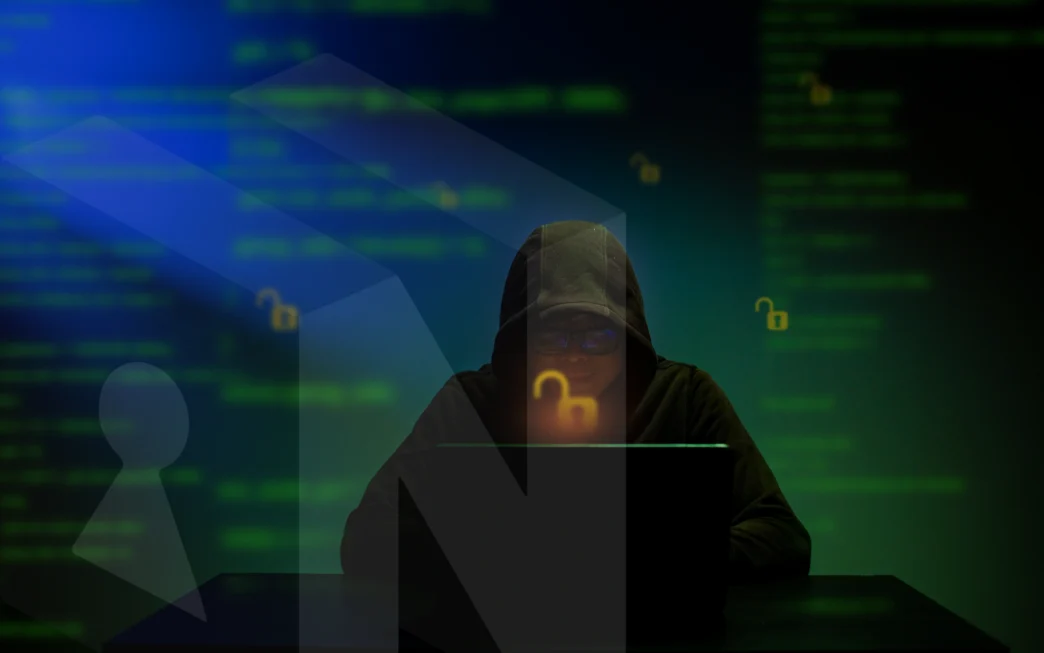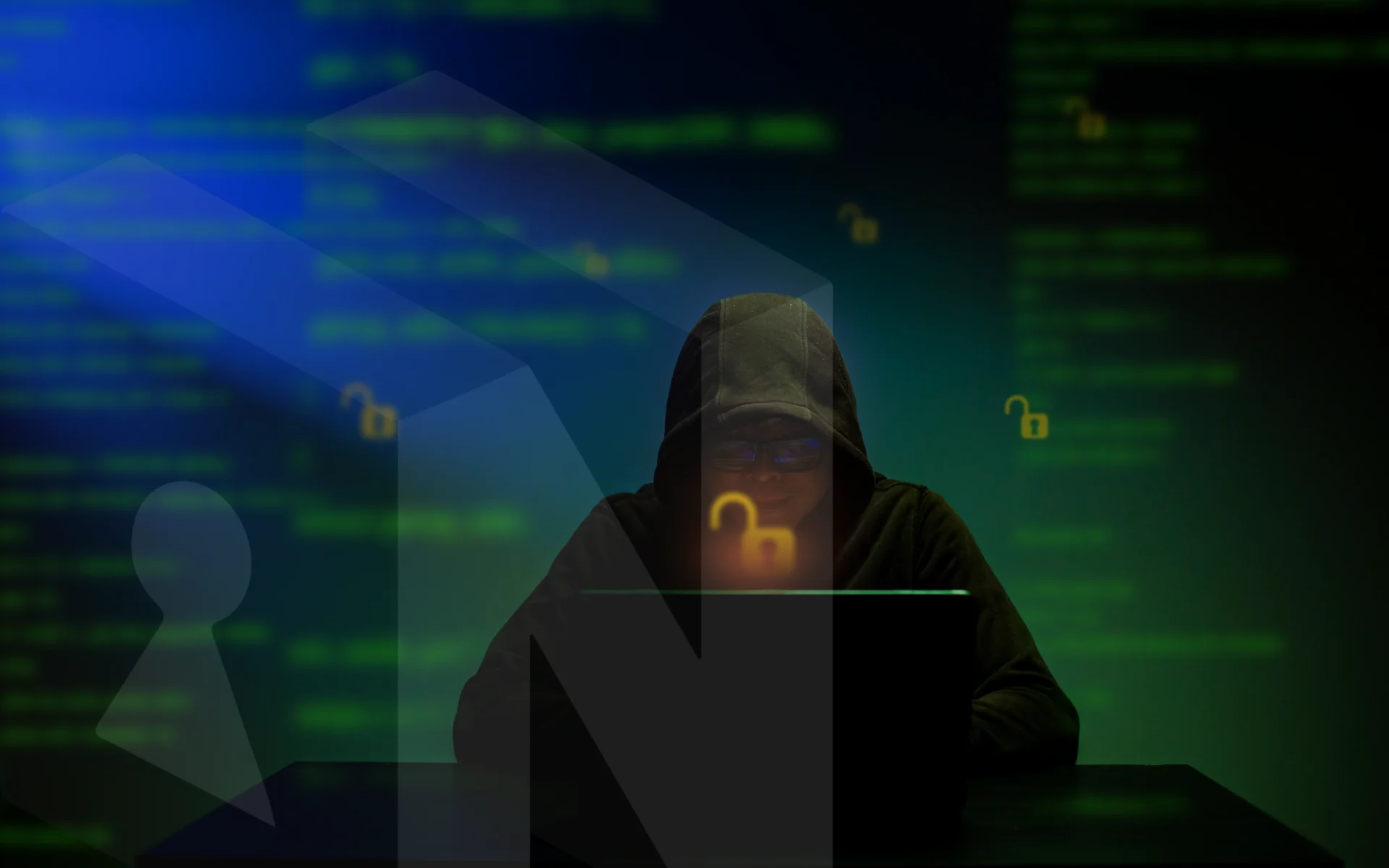Ethical Hackers, Cybersecurity’s Frontline Testers
How to become an ethical hacker is a question gaining traction as cyberattacks grow more advanced and damaging. Ethical hackers—also known as penetration testers or white-hat hackers—use the same techniques as malicious actors, but for good. Their goal? To find and fix security vulnerabilities before criminals exploit them.
In 2025, ethical hackers are not just niche experts—they’re critical assets in every industry dealing with sensitive data or digital infrastructure. Companies now proactively hire these professionals to perform red team exercises, simulate cyberattacks, and test the effectiveness of their defenses.
What Does an Ethical Hacker Do?
An ethical hacker is a cybersecurity specialist who conducts authorized attempts to breach a system’s defenses. These professionals identify weaknesses in networks, applications, and devices, helping organizations shore up their security posture.
Core Responsibilities:
- Perform penetration tests on web apps, networks, and systems
- Identify and document vulnerabilities and misconfigurations
- Use tools like Metasploit, Burp Suite, Nmap, and Wireshark
- Develop exploit proofs of concept (POCs)
- Recommend remediations and security best practices
- Stay updated on emerging vulnerabilities (CVEs, zero-days)
- Collaborate with security teams and developers during remediation
Education Requirements
There’s no single degree path to becoming an ethical hacker. However, many professionals start with education in computer science, information security, or related technical fields.
Common Academic Backgrounds:
- Bachelor’s in Cybersecurity, Information Technology, or Computer Science
- Associate degree in Information Security or Network Administration
- Master’s in Information Assurance (for senior roles)
- Bootcamps and self-taught paths are also viable when paired with certifications
Must-Have Certifications for Ethical Hackers
| Certification | Issuer | Difficulty | Renewal Requirements |
|---|---|---|---|
| CEH (Certified Ethical Hacker) | EC-Council | Intermediate | Every 3 years (EC-Council points) |
| OSCP (Offensive Security Certified) | Offensive Security | Advanced | No expiration (as of 2025) |
| eJPT (Junior Penetration Tester) | INE Security | Beginner | No expiration |
| CompTIA PenTest+ | CompTIA | Intermediate | Every 3 years (CE or exam) |
| GPEN (GIAC Penetration Tester) | GIAC | Advanced | Every 4 years (exam or CPE) |
Key Skills for Ethical Hackers
To be successful in this role, professionals need a blend of hands-on technical skills, critical thinking, and ethical responsibility.
🔧 Technical Skills:
- Operating systems: Linux, Kali, Windows
- Networking protocols and TCP/IP stack knowledge
- Scripting (Python, Bash, PowerShell)
- Web application hacking (OWASP Top 10, SQLi, XSS, etc.)
- Reverse engineering and malware analysis (advanced roles)
- Familiarity with MITRE ATT&CK and kill chain models
🧠 Soft Skills:
- Analytical mindset and problem-solving ability
- Clear, concise reporting and documentation
- Strong ethical framework and respect for rules of engagement
- Team collaboration and adaptability under pressure
Salary Expectations: Ethical Hacker
| Country | Entry-Level | Mid-Level | Senior-Level |
|---|---|---|---|
| USA | $70,000 – $90,000 | $95,000 – $120,000 | $130,000 – $160,000 |
| UK | £35,000 – £45,000 | £50,000 – £70,000 | £75,000 – £100,000 |
| Switzerland | CHF 85,000 – 100,000 | CHF 110,000 – 130,000 | CHF 140,000 – 160,000 |
| France | €38,000 – €45,000 | €50,000 – €65,000 | €70,000 – €90,000 |
| Australia | AU$75,000 – AU$95,000 | AU$100,000 – AU$125,000 | AU$130,000 – AU$150,000 |
Job Market Outlook (2025)
The demand for ethical hackers is at an all-time high—and growing. According to (ISC)² and Cybersecurity Ventures, there are over 3.5 million unfilled cybersecurity roles globally, and penetration testing remains one of the most in-demand specializations.
📈 Trends Driving Demand:
- Surge in ransomware and zero-day threats
- Regulatory compliance (e.g., GDPR, HIPAA, PCI-DSS)
- Expansion of bug bounty platforms and offensive security teams
- Remote work and cloud-first architecture requiring proactive testing
- National security and defense agencies hiring red team specialists
Conclusion
Ethical hacking is a career path that combines technical mastery, curiosity, and a deep sense of responsibility. Whether you’re just starting out or pivoting from another IT role, the demand for penetration testers is strong and global. With the right blend of skills, certifications, and mindset, you can build a meaningful, well-paid career protecting the digital world—legally.














